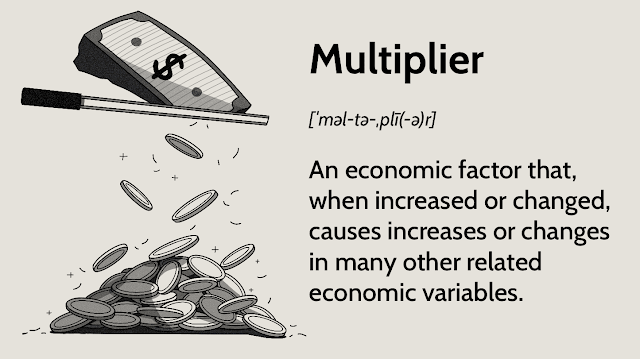Smallest multiplication
Hello
Math-Fun
We’re looking today for the “smallest” multiplication (using new distinct terms) that produces one after the other all the nonnegative integers.
0 is present in 0 x 1 = 0
Integers used so far that cannot be reused (if I’m not wrong):
0, 1, 2, 3, 4, 5, 6, 7, 8, 9, 10, 11, 12, 13, 14, 15, 16, 17, 18, 19, 22, 58, 63
We’re looking today for the “smallest” multiplication (using new distinct terms) that produces one after the other all the nonnegative integers.
Integers used so far that cannot be reused (if I’m not wrong):
0, 1, 2, 3, 4, 5, 6, 7, 8, 9, 10, 11, 12, 13, 14, 15, 16, 17, 18, 19, 22, 58, 63
We could submit S to the OEIS, with the hereunder (heavy) definition:
— The sequence S must be seen as a succession of pairs of integers:
[a(1), a(2)], [a(3),a(4)], [a(5), a(6)], [a(7), a(8)],…
— All a(n)s are distinct nonnegative integers.
— The integer resulting in a(1) * a(2) has “0” as substring; the product a(3) * a(4) has “1” as substring; the product a(5) * a(6) has “2” as substring; etc.
Best,
É.
__________
Update
Maximilian H. (the best typo/bug-hunter in town!) was quick to correct and extend S:
> Hello Eric,
I confirm your terms upto (16, 63), but then I get (20, 55),
the 19 is used earlier in 8 * 19 :
S = (0, 1), (2, 5), (3, 4), (6, 22), (7, 12), (8, 19), (9, 14), (10, 17), (11, 18), (13, 15), (16, 63), (20, 55), (21, 58), (23, 31), (24, 59), (25, 46), (26, 62), (27, 64), (28, 65), (29, 66), (30, 34), (32, 38), (33, 37), (35, 67), (36, 68), (39, 75), (40, 315), (41, 47), (42, 69), (43, 103), (44, 70), (45, 71), (48, 84), (49, 117), (50, 268), (51, 85), (52, 93), ...
> For the definition one could use :
Lexicographic earliest sequence of nonnegative integers without duplicates
such that S(2k) * S(2k+1) has k as substring, for all k = 0, 1, 2, ...
-M.
__________
Great (as always!) -- merci Maximilian!





I get: S = (0, 1), (2, 5), (3, 4), (6, 22), (7, 12), (8, 19), (9, 14), (10, 17), (11, 18),
RépondreSupprimer(13, 15), (16, 63), (20, 55), (21, 58), (23, 31), (24, 59), (25, 46), (26, 62),
(27, 64), (28, 65), (29, 66), (30, 34), (32, 38), (33, 37), (35, 67), (36, 68),
(39, 75), (40, 315), (41, 47), (42, 69), (43, 103), (44, 70), (45, 71), (48, 84),
(49, 117), (50, 268), (51, 85), (52, 93), ...
Alternate definition: Lexicographic earliest sequence of distinct nonnegative integers such that S(2k) * S(2k+1) has k as substring, for all k >= 0.